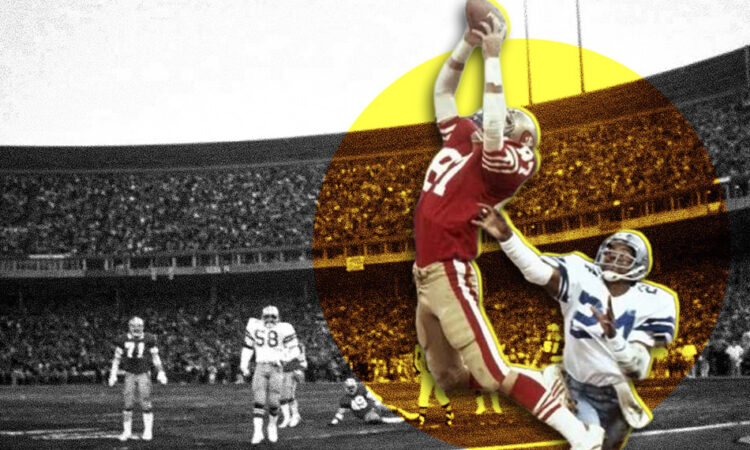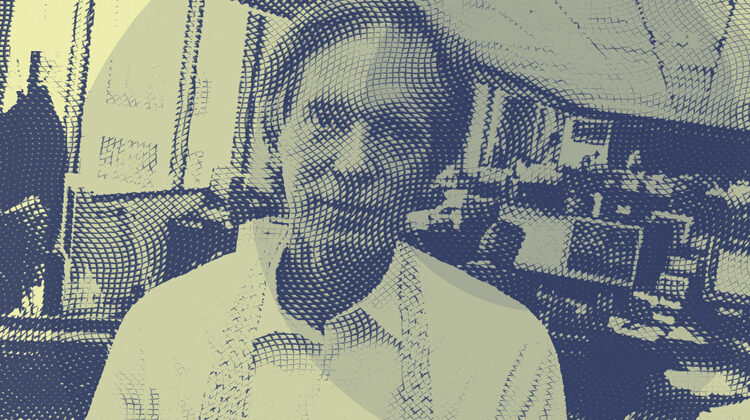
The Bond King
March 4, 2002
Marathon Man
March 17, 2003Buffetting Corporate America
They have healed the wound of my people lightly, saying, “Peace, peace,” when there is no peace.
– Jeremiah
No one ever accused me of taking ax to cherry tree and then heading straight towards the confessional, but I’ve always thought that honesty was the best policy if only from the commonsensical slant of self-interest. Life’s charades are ultimately exposed for all to see, and it “pays” to put the facts up front, because the repercussions of falsehoods are often fatal, whether it be by the guillotine of public opinion a la ENRON, or a death by a thousand cuts. In the investment world there are countless ways to deceive, starting I suppose with Charles Ponzi and winding all the way down to the seemingly innocuous footnote to a financial statement that hints, but doesn’t really disclose what is going on. In similar fashion, public spokesmen, whether they be politicians or recognized corporate or investment personalities, often succumb to the temptation of deception on the canard of the greater good of public interest. “The economy is stable,” intoned Herbert Hoover. “Stock prices have reached what looks like a permanently high plateau,” proselytized Irving Fisher, but they were false prophets, promoting prosperity when there was none, crying peace when there was no peace.
A public figure cannot of course cry fire in a crowded theater, but if there be smoke, he should at least spread the word calmly and quickly. Full disclosure can be “full” without being overwhelming or panic inducing. It should, as well, be consistent and above all perpetual. All of this, as I’ve said can be justified if only from the standpoint of self-interest. Honesty can be the best policy simply because cheaters rarely win and when they lose, they fall hard.
One could not find a more exemplary “Honest Abe” in the financial world than Warren Buffett. His annual reports are legend and they contain not only words of bonafide investment wisdom, but self-recrimination when deemed necessary. His value-based investment style has been what has captured the public’s adoration but relatively unnoticed has been his investment structure. Buffett has built a financing machine in addition to a long-term investment portfolio, but its construction has been anything but surreptitious. He and his less well-known partner Charles Munger have reiterated time and time again in verbal dialogue and printed material about the importance of free or at least cheap “float” to their investment.



